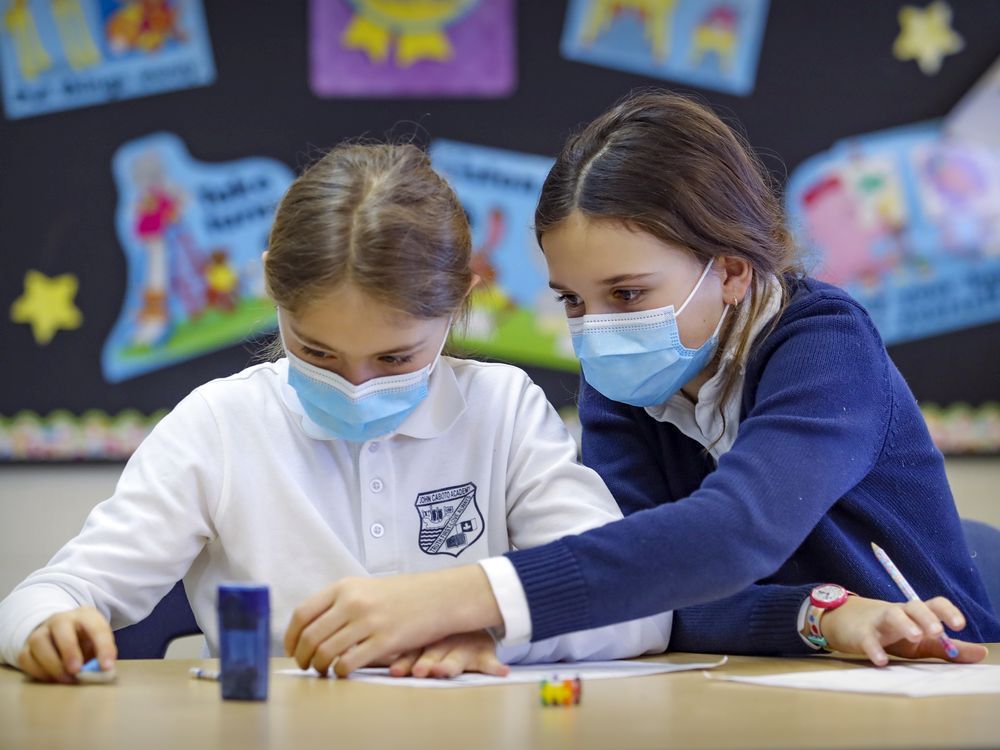last july, the united states centers for disease control and prevention (cdc) and the texas department of state health services has confirmed that there was a case of monkeypox — a rare, but potentially serious zoonotic virus — in a man who had recently returned from nigeria. at the time, there were no cases reported in canada. that changed this week with 13 potential diagnoses flagged by doctors to health officials in montreal. the suspected cases are part of global outbreak that has also affected britain,
according to the cbc, which saw nine cases in early may,
portugal, with five cases as of yesterday and spain, which is investigating more than 20 possible infections.
here’s what you need to know.
why are we talking about this?
a texas man
was diagnosed with monkeypox in july 2021, the first time the virus has made its way to north american since 2003. he had flown from lagos, nigeria to dallas, and then on to atlanta. the canadian
cases could potentially be linked to an infected massachusetts man, reports the cbc, who travelled to
quebec. no reports have been filed with the public health agency of canada as of yet.
what are the symptoms of monkeypox?
monkeypox infection starts with flu-like symptoms: fever, headache, muscle aches, and low energy. one distinctive symptom from the early period of infection that distinguishes monkeypox from similar illnesses like smallpox, chickenpox or measles is swelling of the
lymph nodes, located on the neck, under the chin, and in the armpits and groin.
 3 minute read
3 minute read









